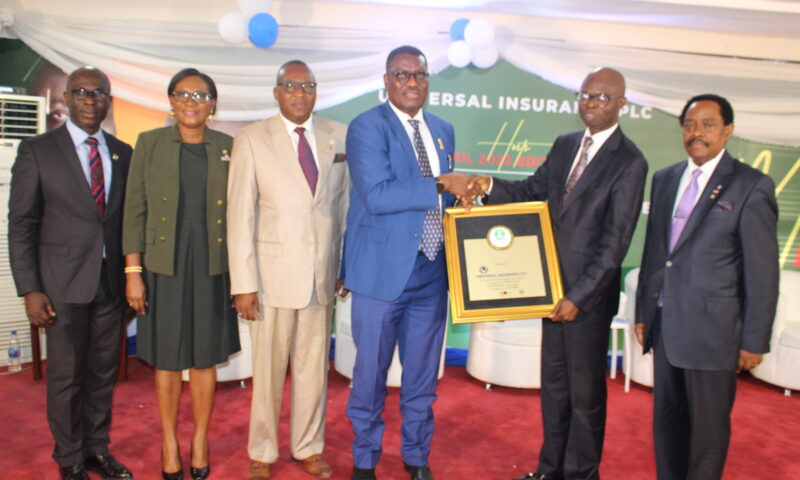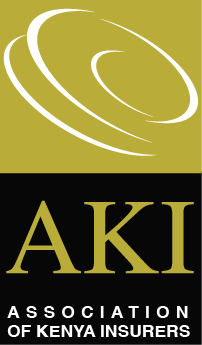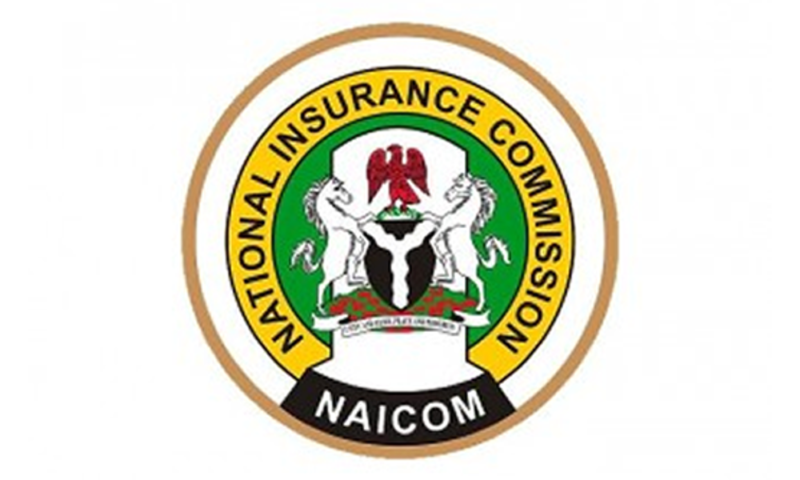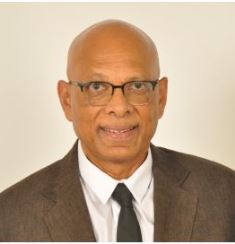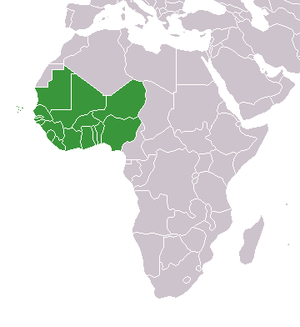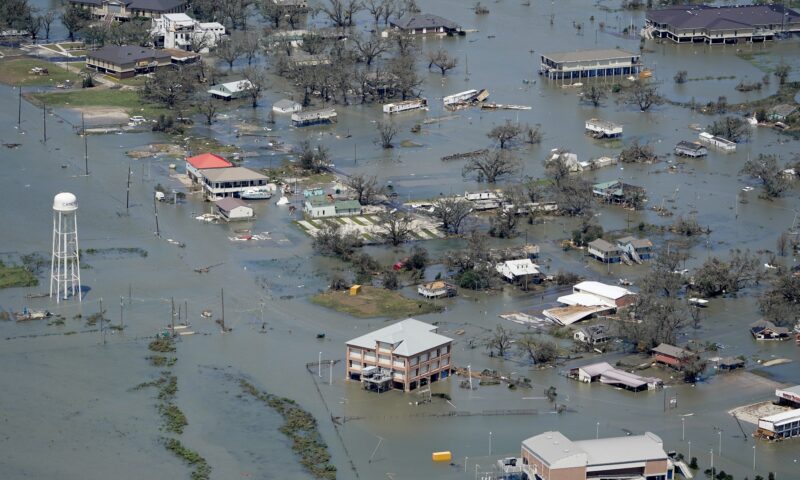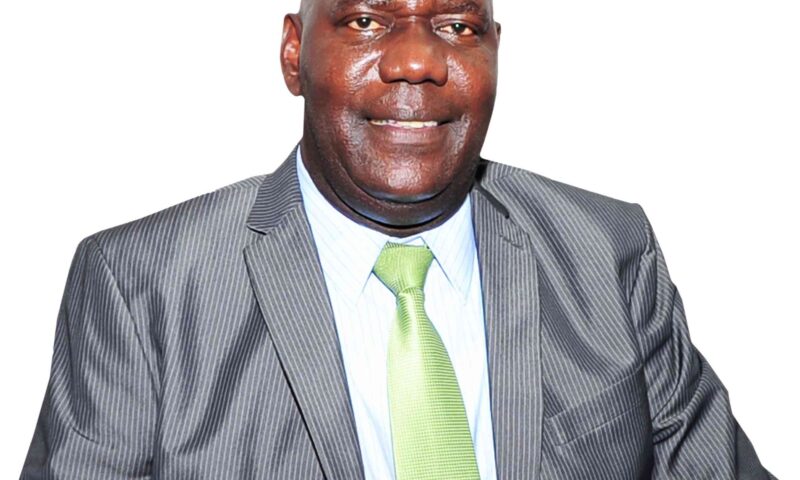The West Africa Supervisors Association (WAISA) has established a College of Insurance Supervisors for the West African Monetary Zone (CISWAMZ).
The ground breaking ceremony for the establishment was happened at the concurrence of the Committee of Governors of the West African Monetary Zone at their 43th meeting on August 26, 2021.
In the statement by National Insurance Commission head, Corporate Communication and Market Development, Rasaaq Salami, it was outlined that CISWAMZ with Nigeria’s Pius Agboola, NAICOM Director, Inspectorate Directorate as the Chairman, has a mandate to greatly enhance multilateral cooperation and promotion of international standards in fostering favourable investment environments and orderly markets in the West African sub region and beyond.
Nigeria insurance regulator also stated that CISWAMZ would assist the insurance industry respond to a wide range of social and economic forces; particularly, insurance-linked financial activities that are increasingly crossing national and sectorial boundaries.
The College of Insurance Supervisors of the WAMZ emphasizes on the important role of:
*fostering closer relationship by creating an enabling environment for the insurance sector to flourish most especially through collaboration and; Harmonization of regulatory standards;
*Increasing operation of cross border network by branches and/or offshore subsidiaries in the insurance sector;
*Adds a new dynamic dimension to the economies of countries.
*Enhance solo supervision of insurance entities by the competent authorities
*Fostering a better understanding of supervisory practices and more efficient and effective supervision.
*Facilitate group — wide supervision, entailing in particular, but not limited to an assessment of the Group’s:
Others include, Financial Situation, Compliance with the rules on solvency, Risk concentration and intra-group transactions, and System of governance
The regulators are active members of African Insurance Organization (AIO) and the IAIS thus recognized the importance of these arrangements for cooperation and information sharing amongst the six insurance regulators (Gambia, Ghana, Guinea, Liberia, Nigeria, Sierra-Leone).
According to the Commission, “The efficient and timely exchange of information among supervisory bodies, both within the insurance sector and across the financial services sector within the west African sub region is critical to the effective supervision of internationally active insurers, insurance groups and financial conglomerates which is also essential in the context for the effective supervision of the financial system as a whole.”
Salami noted that CISWAMZ queues behind the African Continental Free Trade Agreement (AfCFTA) to achieve a single market for goods and services, deepen the economic integration and prosperity on the continent as well as boosting Africa’s trading position in the global market by strengthening Africa’s common voice and and policy space in global trade negotiations.

